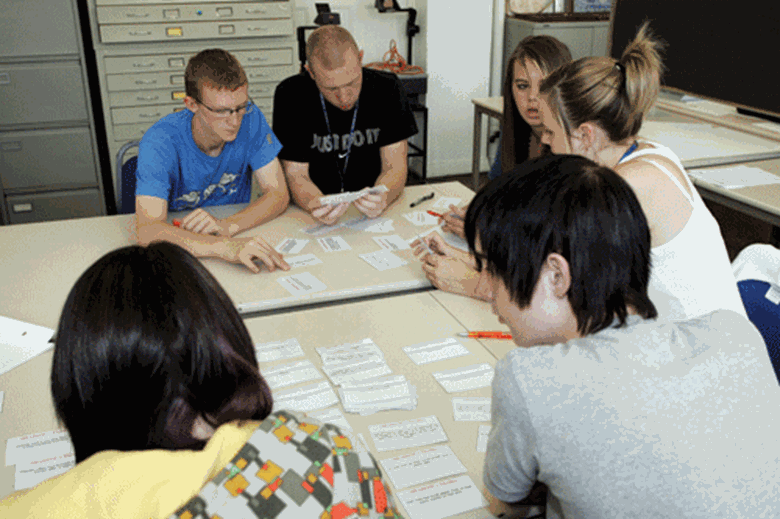Young people missing out on drug support due to cuts, warns report
Neil Puffett
Monday, October 1, 2012
Gap in education could lead to rise in number of young people experimenting with drugs, says policy commission

The number of young people requiring specialist drug support services has been declining steadily in recent years. Much of this drop has been attributed to educating young people on the issue; identifying the early signs of drug misuse; preventing escalation; and referrals onto intensive services when necessary.
But a report by the UK Drug Policy Commission is warning that the services fulfilling exactly those functions are being destabilised by public sector reform and budget cuts, arguing that young people are missing out on support as a result.
It claims that a gap in education and a lack of positive activities for young people could result in more teenagers experimenting with drugs, as “localism and austerity” shake up education, health, youth services and the youth justice system.
Patrick Hargreaves, a consultant in personal, social, health and economic education (PSHE), says many local authorities no longer have dedicated drug and alcohol advisers to guide schools in delivering effective drug education. This, combined with changes to the way Ofsted inspects PSHE and the fact that the subject is not statutory, has left provision in a precarious state, he adds.
“In recent years, there have been falls in drug and alcohol misuse, tobacco use and teenage pregnancy,” he says. “This has all been against a background of increased availability of alcohol, the exponential rise in legal highs and moral panic about the sexualisation of children. To me, there is little doubt to the part education has played in that reduction. But my fear is the number of young people with problems may start to rise again.
“Most schools will deliver PSHE in some form, but at the bottom end of the range that means delivering it during tutor periods – which can be a 20-minute session, provided by a non-expert who is not confident in delivering it.”
Services by geography
Gareth Jones, chair of the Association of Youth Offending Team Managers, says most teams still include substance misuse specialists, meaning that young people are referred onto specialist drug support services where appropriate.
But he warns that this could change once police and crime commissioners are elected in November and take control of pots of money that would previously have covered the cost of substance misuse workers. “We could end up with services by geography,” he says.
Tom Woodcock is strategic director at Lancashire Drug and Alcohol Action Team, which oversees 600 young people receiving drug treatment. He says that universal youth services have been scaled back in the county, while a range of initiatives to raise awareness of drug and alcohol abuse within families have been discontinued due to cost.
But he says that agencies working with more vulnerable children are being afforded a degree of protection. “There’s pressure on the system, but we are managing to maintain the core elements,” he says.
Some schools are turning to external providers as a solution to teaching their pupils about drugs, such as Hope UK, a Christian charity that trains volunteers to provide drug education sessions. But Marilyn Watson, business manager at the charity, says they are struggling to keep up with demand, despite having 215 volunteer drug educators. It no longer charges schools for services because they cannot afford to pay.
“Voluntary organisations can only deliver so much – it is impossible for an organisation of our size to make up the slack in statutory education provision,” she says.
“The government really needs to make PSHE statutory. We feel school is the best place to give drug education.”




